GEAB 119
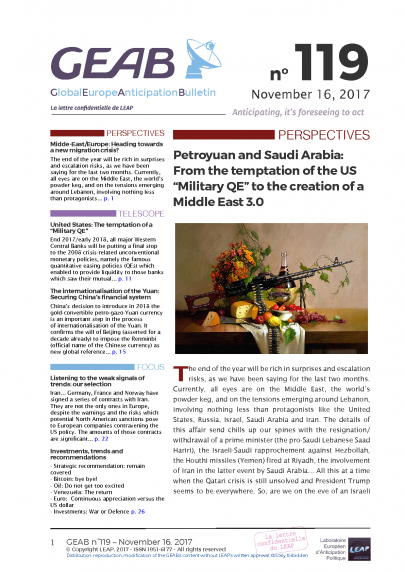


The end of the year will be rich in surprises and escalation risks, as we have been saying for the last two months. Currently, all eyes are on the Middle East, the world’s powder keg, and on the tensions emerging around Lebanon, involving nothing less than protagonists like the United States, Russia, Israel, Saudi Arabia and Iran. The details of this affair send chills up our spines with the resignation/withdrawal of a prime minister (the pro-Saudi Lebanese Saad Hariri), the Israeli-Saudi rapprochement against Hezbollah, the Houthi missiles (Yemen) fired at Riyadh, the involvement of Iran in the latter event by Saudi Arabia… All this at a time when the Qatari crisis is still unsolved and President Trump seems to be everywhere. So, are we on the eve of an Israeli attack on Lebanon further to Saudi Arabia’s request[1], as claimed by the very charismatic Hezbollah leader Hassan Nasrallah[2]? Should Europe prepare for a new migratory wave and related catastrophic side effects? Or, should we read between the lines and go beyond the usual interpretation codes? One thing is for sure, the Middle East is about to switch resolutely to a new era. Our team’s aim is to try an anticipation of what that era might look like.
At first sight…
According to the twentieth-century reading codes (based on two essential principles: 1/the United States call the shots in the region 2/following a simple strategy borrowed from the British and consisting of “divide and conquer” rule), here is the immediate interpretation popping up to one’s intelligence…
Saudi Arabia, Israel and the United States are preparing an attack on Lebanon targeting Hezbollah and Iran. The United States is holding China in check via North Korea – the latter having allowed US military ships closer to the Chinese coasts – whilst threatening to trigger an attack if China makes a move, and thus provoking the destabilising domino effect the Chinese want at all costs to avoid. The United States also hold Russia in the Baltic Sea (where US and NATO forces sail), promising the Russians to start a second front if they make a move on Iran/Lebanon (within absolute disregard of the most obvious interest of their European ally). Knowing Europe doesn’t weigh much, the path is open to attack pro-Shiite forces in the Middle-East, fight against Iran directly if required, and seize control over the whole region.
If the United States control this strategy, they must have an interest… something easy to find: oil prices rocketing, US military presence in the region strengthened, and a new opportunity to postpone the dethroning of the petrodollar, as the United States would negotiate its help to Saudi Arabia in their war against Iran against the maintenance of Saudi oil in the exclusive sphere of the dollar. As for the interests of the other two protagonists: Israel gets rid of its Great Enemy and moves its pawns towards the Great Israel in the general chaos[3]; Saudi Arabia creates a “Libyan-style” chaos in Iran and gets the oil market share back from its Great Enemy. As for the voices which might cry against all this: the purge recently carried out by the new Crown Prince Mohammed Ben Salman has already jailed them.
What a beautifully oiled scenario, classic and already lived many times; a scenario which has the merit to validate the thesis of the US omnipotence in a world where everything is a matter of communication in the end.
Except that…
Inconsistencies within the simple scenario
First of all, we can not help find certain inconsistencies in this narrative:
. How does the removal of the Saudi pawn, Saad Hariri, from the Lebanese government serve the Saudi cause, knowing that, logically, it would rather serve Iran’s?
. How come Muhammad Ben Salman’s purge targeted well-known anti-Iranians, such as Al-Walid bin Talal, who made a huge noise in 2015 when he cynically promised luxury cars to Saudi pilots who would bomb Yemen[4]? Not to mention that the prince owns several media broadcasting throughout the Arab world;
. Why has the purge operation also touched personalities threatening the success of the acquisition of the 5% of Aramco by the two Chinese state enterprises PetroChina and Sinopec, such as Ibrahim al-Assaf[5] [6]?
. Why would the United States want oil prices to rise when they are now betting on lower prices to better serve their economy (and avoid over-strengthening of OPEC countries)?
. How could an attack on North Korea, just weeks before the start of the PyeongChang Olympic Winter Games in South Korea (not far off North Korea’s Pyongyang), be more acceptable for the Western camp than for China?
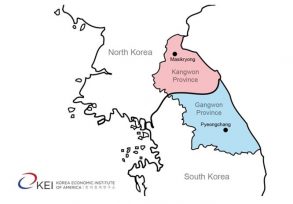

. How could the act of force carried out by prince ben Salman serve anything other than a Saudi agenda? And how could a Saudi agenda risk an open conflict with Iran, Russia, China, Turkey?
. Why has Saudi Arabia just lifted the blockade of Yemen[7]?
. How to explain this silence on the part of the Iranian authorities?
. Where does this sudden friendship between Trump and Putin come from? (they made a joint statement that the solution to the Syrian file is inevitably political and that Bashar al-Assad is good-willed to initiate a political transition?)
Iran’s attack scenario 2008-2017: What has changed?
Let’s now compare the situation in the Middle East in 2008 and today (back then, we, GEAB, considered very high the risk of an Israeli attack on Iran with US backing[8]). What fundamental changes have occurred?
. The first very big difference is the role now played by Russia in the region; a Russia connected to Israel, Iran and Saudi Arabia; which made it possible to break the Syrian quagmire; which restarted OPEC… In short, a Russia which has a very solid crisis resolution reputation in the region;
. The second major difference is that large regional players have emerged in the area, with increased strategic independence and real political clout: Erdogan in Turkey, who also carried out a purge and reinforced his power and who is now released from NATO tutelage; Mohammed ben Salman, the newcomer who asserts the role his country, one that was still recently a crypto-actor on the Middle Eastern political stage[9]; Iran, which records significant victories in Syria and Iraq, yields nothing on Yemen, tilts Qatar on its side…; all of this under the rule of a reformist president, difficult to attack, Hassan Rouhani, comfortably re-elected a while ago; and Israel, of course, good friends with both Russia and the US[10];
. Europe, which has experienced the impact of a migratory crisis and which can not remain passive in front of the risk of a second shock of this kind;
. in Europe, France’s return to the international stage thanks to a leader, Emmanuel Macron[11], (fundamentally European, but at the same time rooted in a certain French tradition when it comes to foreign policy (in the Middle East, rather balanced between Arabs, Israelis and Iranians), forces to think twice about his sudden U-turn concerning Iran’s nuclear agreements[12];
. the United States, which have shifted to a new type of governance and geopolitical positioning with the arrival of a leader more in line with the criteria of political credibility of the emerging world than with the democratic values of Europe, namely Donald Trump;
. one detail: in 2008, we analysed that an attack over Iran, in order to be successful, should be made by surprise, without warning signs. In the present circumstances, we haven’t been spared communication ranting and other media effects;
. finally, nine years have passed and one could hope that solutions have been devised to cope with the inescapable dollar dethronement and the transition to a multipolar world. As we have analysed in these pages, the dollar collapse may even be part of the US debt solution… As for oil, the United States has opted for autonomy and is therefore economically ready to split off permanently from their big Saudi supplier;
. as for the Middle East itself, as we have often explained/anticipated, ISIS embodied a new common enemy (other than Israel) which the region could mobilize against. The diplomatic dances and change in alliances to which the war against ISIS gave rise are now historical facts upon which to build…
… to build this peace that we have many times anticipated in these pages and which represents the guideline of the second anticipatory scenario, namely…
Login



End 2017/early 2018, all major Western Central Banks will be putting a final stop to the 2008 crisis-related unconventional monetary policies, namely the famous quantitative easing policies (QEs) which enabled [...]
China's decision to introduce in 2018 the gold-convertible petro-gazo-Yuan currency is an important step in the process of internationalisation of the Yuan. It confirms the will of Beijing (asserted for [...]
- Iran ... Germany, France and Norway have signed a series of contracts with Iran. They are not the only ones in Europe, despite the warnings and the risks which [...]
Strategic recommendation: remain covered Even though this GEAB bulletin is optimistic and sees the end of the transition tunnel focused on peace in the Middle East, we shall keep our [...]

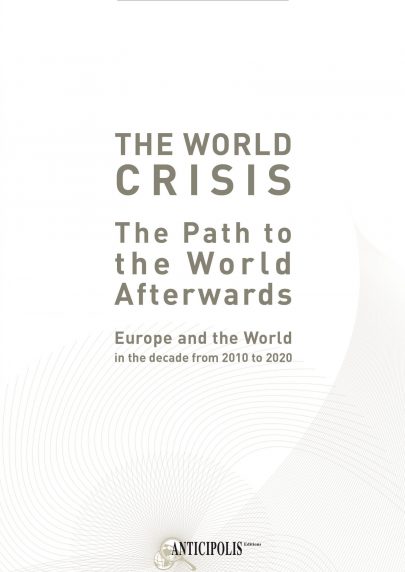
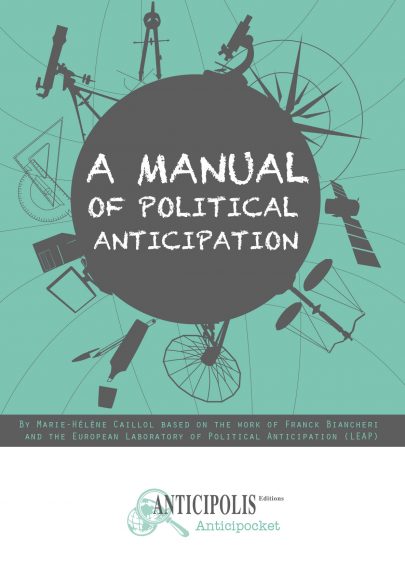
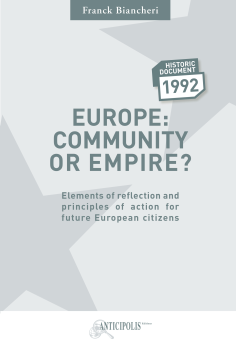
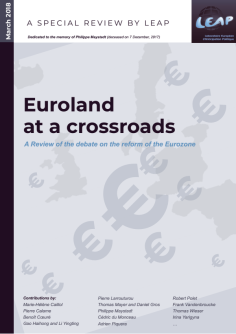
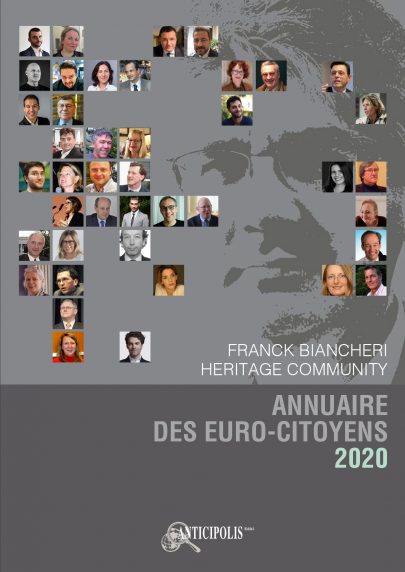
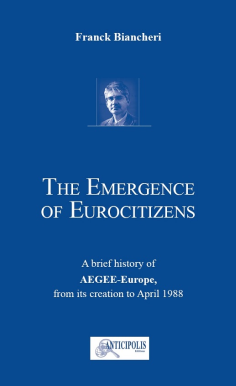
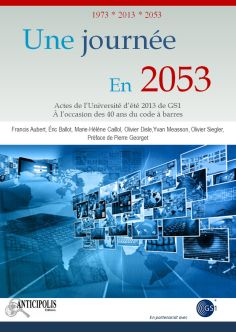
Comments